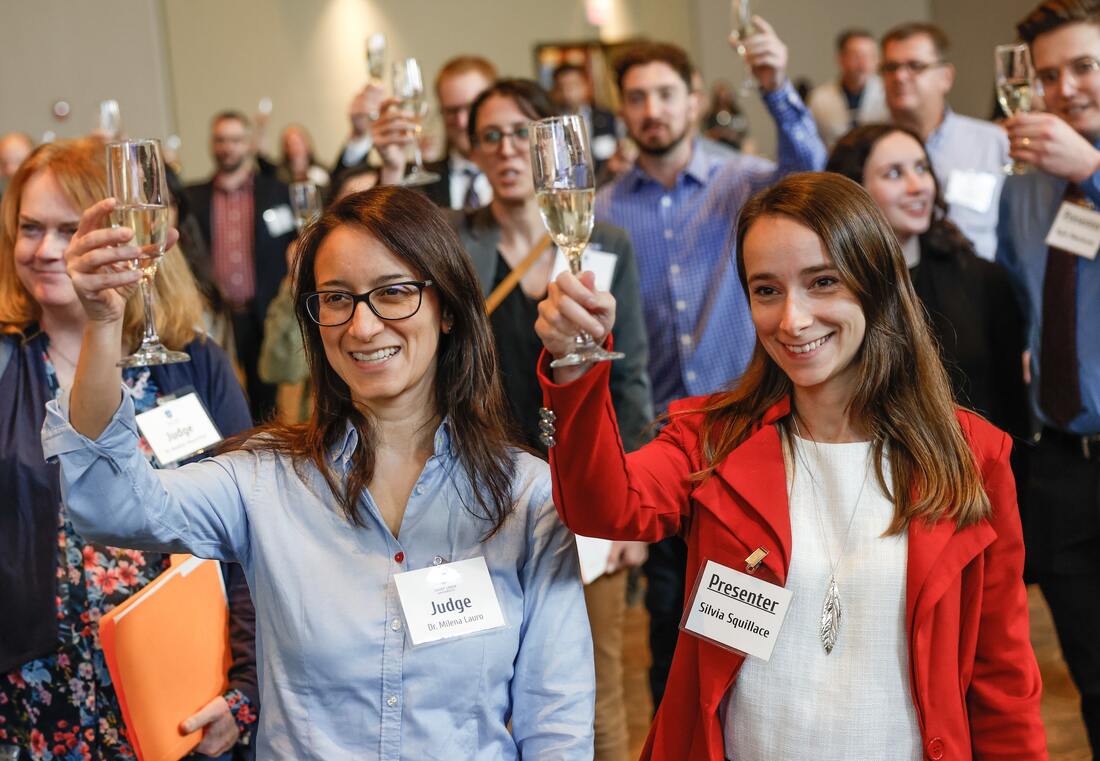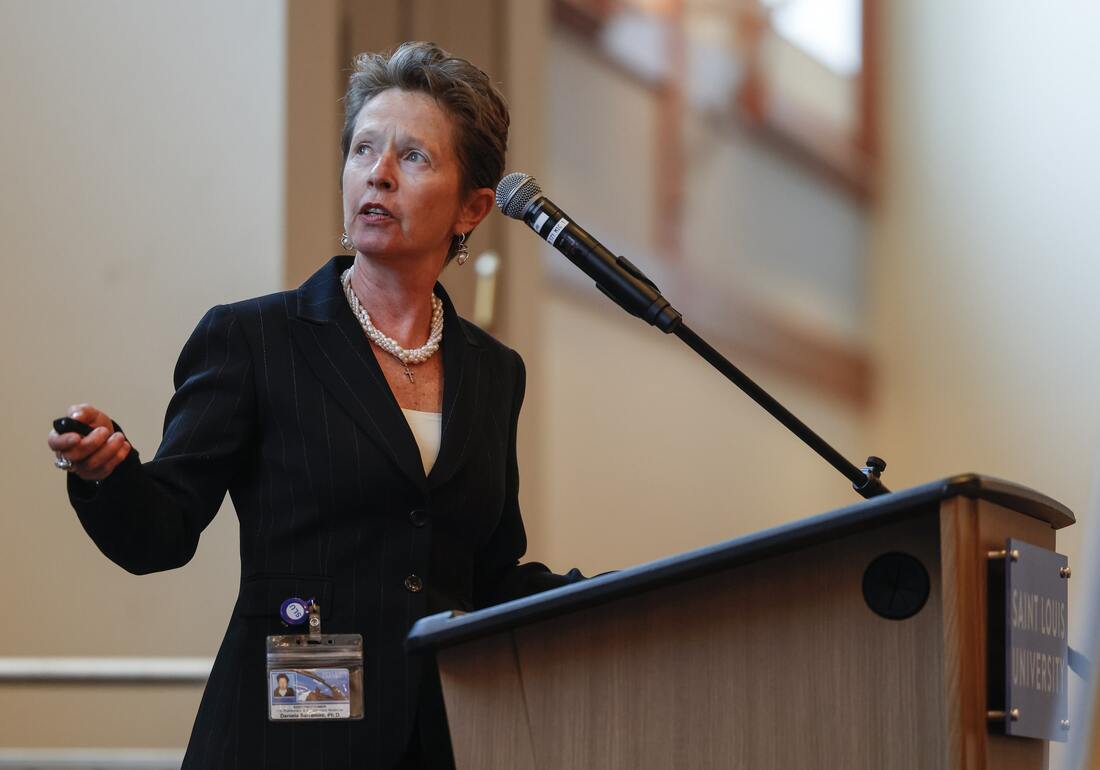Noto Italian Restaurant becomes the only restaurant in St. Louis to be certified Neapolitan by AVPN11/26/2022 CHARLOTTE RENNER Feast Magazine Little-known fact: Neapolitan pizza isn't technically Neapolitan unless it's certified by the Associazione Verace Pizza Napoletana (AVPN) in Italy. About three weeks ago, Noto Italian Restaurant officially joined the ranks, making it the first and only restaurant in St. Louis to achieve the prestigious certification, which has only been awarded to around 100 other restaurants throughout North and South America. "Neapolitan is this process that just consumes you," Noto co-owner Wayne Sieve says. "Being able to offer that puts not only Noto on the map with Neapolitan, but also the St. Louis area. To me, it was just a very important honor and certification to be able to do this." This certification has been on Sieve's mind since he opened Noto with his wife, Kendele Noto Sieve, as reported by Feast. But the desire to bring traditional Italian culture to St. Louis goes back much further. Sieve got his first taste of Neapolitan-style pizza during a culinary competition in Glasgow, Scotland, in 2007. After his first bite, he says he knew Neapolitan pizza was his future. "I view our pizza as this living, breathing thing. I have a closer connection with my pizza than I do with most people," Sieve says. "I have the utmost respect for Neapolitan and Italian culture." Noto even has its own woodfired oven, imported from Italy and made by a family that's been making these ovens for four generations. It's customized with black and white tiles to match the restaurant's exterior and bears the name "Noto."
Sieve officially started the certification process in February 2022, and it took months of emails with AVPN full of photos, videos and recipes detailing every step of the process to confirm the pizza was truly Neapolitan. Later this year, an AVPN ambassador will visit Noto to confirm its practices are authentic in person. The international regulations are very precise; for example, you have to keep the pizza's width smaller than 35 centimeters, the crust has to present a "cornicione" raised edge and the dough recipe must follow exact proportions of flour, salt, water and yeast – depending on the humidity and weather, which calls for constant tinkering on the recipe. For Sieve, this is what makes Neapolitan pizza a true art. "One day you think you're on top of the world: 'I just had the perfect dough, my favorite pizza, the best one I've ever made.' The next day, you could question everything you've ever done," Sieve says. "It's a completely humbling process. You're challenging yourself and the dough, and that's one of the things that makes it truly special."
3 Comments
BRIDJES O'NEIL Saint Louis University News Daniela Salvemini, Ph.D., a native of Rome and Chair of the Department of Pharmacology and Physiology at Saint Louis University, has launched the Institute for Translational Neuroscience with the help of other Italian and international researchers including Milena Lauro, Ph.D., Silvia Squillace, Ph.D. and Luigi Giancotti Ph.D. On Wednesday, Nov. 2, Saint Louis University announced the launch of the Institute for Translational Neuroscience (ITN). The new Institute brings together experts in biochemistry, chemistry, pharmacology, social justice, and community outreach under a shared research umbrella in order to study the physiology and diseases of the brain and central nervous system and thereby ease human suffering. Under the direction of Daniela Salvemini, Ph.D., Chair of the Department of Pharmacology and Physiology at SLU, and growing out of the Henry and Amelia Nasrallah Center for Neuroscience, ITN aims to improve human health through the work of pre-clinical and clinical researchers in areas that include cognition, Alzheimer’s disease, chronic neuropathic pain, opioids, metabolism and traumatic brain injury, among others. “We are so energized to bring together our neuroscience expertise from many different areas of campus under a shared research umbrella,” Salvemini said. “ITN will foster collaboration, enterprise and innovation by connecting our neuroscientists with their colleagues and allow us to focus our resources to support these researchers.” Comprised of more than 100 members, including principal investigators, trainees, and staff across six schools and colleges from 23 departments at Saint Louis University, the Institute offers SLU students access and opportunity to develop skills and training in neuroscience fields, beginning at an undergraduate level. ITN will provide training in neuroscience for both undergraduate and graduate students at the University. “We are educating the next generation of scientists who will solve some of our most difficult medical challenges,” said SLU President Fred P. Pestello, Ph.D. “They will be the ones who find new ways to heal traumatic brain injuries, maintain strong cognition as we age, and reduce the suffering caused by chronic pain. “The Institute for Translational Neuroscience provides remarkable opportunities for SLU students – at the undergraduate and graduate level -- to contribute to research that improves the human condition.” ITN scientists and clinicians will focus on fundamental questions relevant to the health of our society, including:
“The Institute for Translational Neuroscience is well-positioned to improve human health and quality of life through better treatments for those suffering from neurological illnesses,” said Ken Olliff, vice president for research and partnerships at Saint Louis University. “This new Institute embodies our Jesuit, Catholic mission at SLU to serve humanity, especially the least fortunate and most vulnerable among us.”
Salvemini is an internationally recognized researcher who studies pain and opioids. Her SLU-start up BioIntervene recently raised $30 million in funding to bring forward new drugs for the treatment of pain and neuroinflammatory diseases. She envisions the Institute’s pro-innovation and education-driven approach will increase opportunities for collaboration and entrepreneurship across every area of the Institute. “Our neuroscience researchers across campus are involved in well-funded, leading-edge research, from traumatic brain injury and stroke to metabolism and dementia and multiple sclerosis,” Salvemini said. “It’s clear that this is a crucial time to invest in multiple avenues of research and discovery, and to reap the benefits of synergistic collaboration and a unified focus." “I believe we are poised to make great contributions to the field of neuroscience.” In addition to fostering interdisciplinary research, attracting federal and corporate funding, and providing educational opportunities, ITN has established an Advocacy and Outreach Committee, chaired by Andrew Oberle, Executive Director of the Oberle Institute, Red and Charline McCombs Fellow for the Improvement of Trauma Care, and Health Management and Policy doctoral student in the College for Public Health and Social Justice. The committee will work to engage the neuroscience community at large and promote neuroscience through advocacy and outreach efforts. More than 135 researchers attended and many shared poster presentations, and the new Institute was celebrated with a champagne toast. STEFANIA PIERI Corrispondente "La comunità degli italiani all’estero cresce soprattutto tra i giovani, raggiungendo il 9,8% dei cittadini italiani, più di 5 milioni e 800 mila secondo i registri AIRE. A questi cittadini, in qualche modo distanti ma vicini, dobbiamo dare risposte significative a problemi, sfide e opportunità che possono incontrare nella loro quotidianità" è quanto dichiarato dalla Senatrice Francesca La Marca, eletta nella ripartizione America Settentrionale e Centrale, a margine della presentazione del XVII Rapporto Italiani nel Mondo 2022 realizzato dalla Fondazione Migrantes.
"Il mio primo ringraziamento - sottolinea La Marca - va alla Fondazione Migrantes nella persona del suo Direttore, Mons. Pierpaolo Felicolo, e alla caporedattrice del Rapporto, la Dottoressa Delfina Licata, per il prezioso lavoro svolto e per l’indispensabile fotografia che questo rapporto ci regala." "Per quanto riguarda il mio collegio d’elezione, la ripartizione elettorale America Settentrionale e Centrale, i paesi che raccolgono il maggior numero di italiani sono gli Stati Uniti d’America (297.917 cittadine e cittadini), il Canada (143.920) e il Messico (21.038). Solo nell’ultimo anno - prosegue La Marca 3.156 italiani hanno lasciato il nostro paese per recarsi negli USA e ben 896 cittadini si sono trasferiti in Canada." "Sono particolarmente contenta - sottolinea La Marca - che il XVII Rapporto degli Italiani all’Estero indaghi in particolare il tema della rappresentanza e dei Comitati degli Italiani all’Estero (Comites). Il tema della partecipazione dei nostri cittadini nel mondo è di importanza cruciale. Dobbiamo lavorare affinché in primis il voto degli italiani residenti all’estero, che è stata una grande e fondamentale conquista, smetta di caratterizzarsi per “apatia, sfiducia e mancanza di conoscenza” così come definito nel Rapporto. Noi parlamentari eletti in circoscrizioni elettorali estere abbiamo un ruolo determinante." "Gli italiani che emigrano - prosegue La Marca - sono sempre più giovani e qualificati. Le motivazioni di lavoro o studio che li animano sono comprensibili. A noi tocca lavorare - conclude La Marca - affinché durante la loro permanenza all’estero essi possano mantenere un costante e solido rapporto con il proprio paese, anche e soprattutto attraverso la partecipazione politica e sociale, con l’obiettivo ultimo, che mai va perso di vista, che queste giovani donne e uomini un giorno possano fare rientro nel nostro amato paese." |
AuthorsGiovanna Leopardi Year
All
Archives
July 2024
|
|
Contact us:
|






 RSS Feed
RSS Feed
